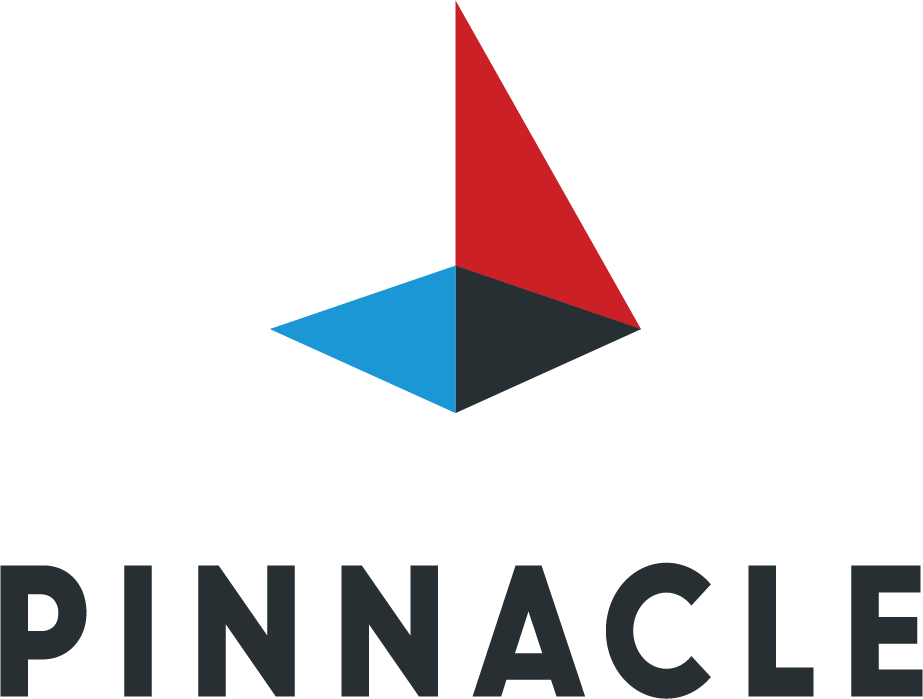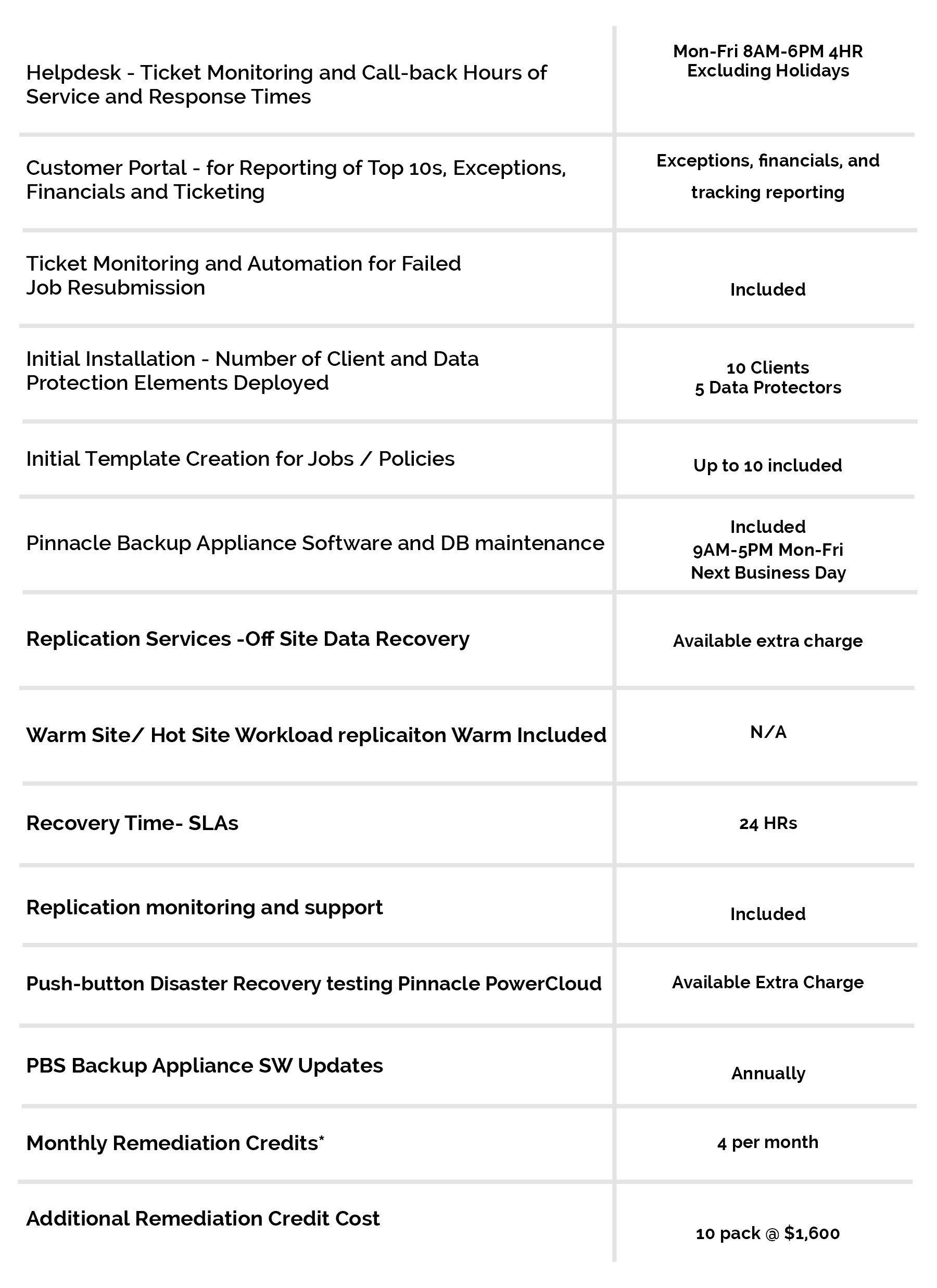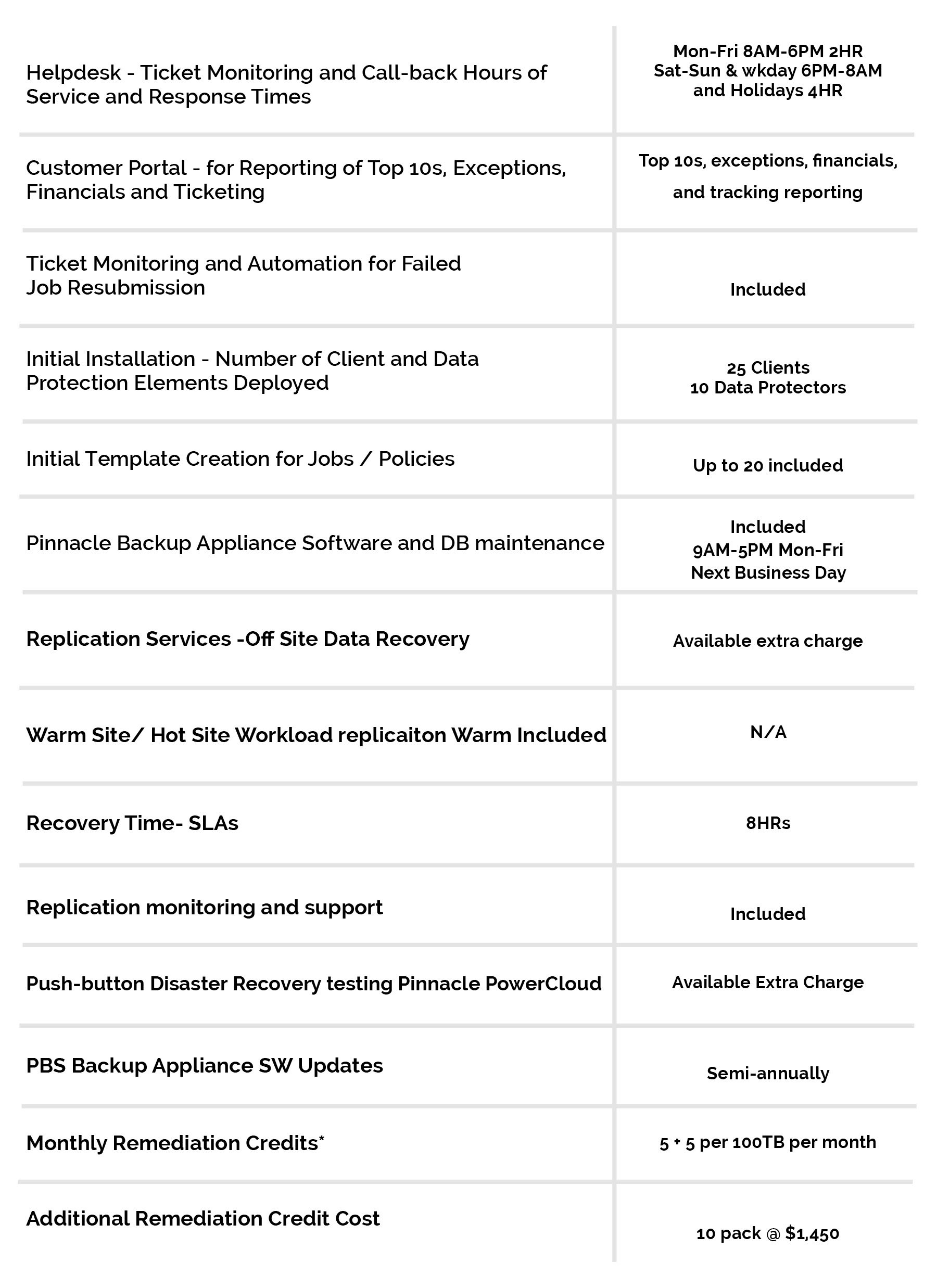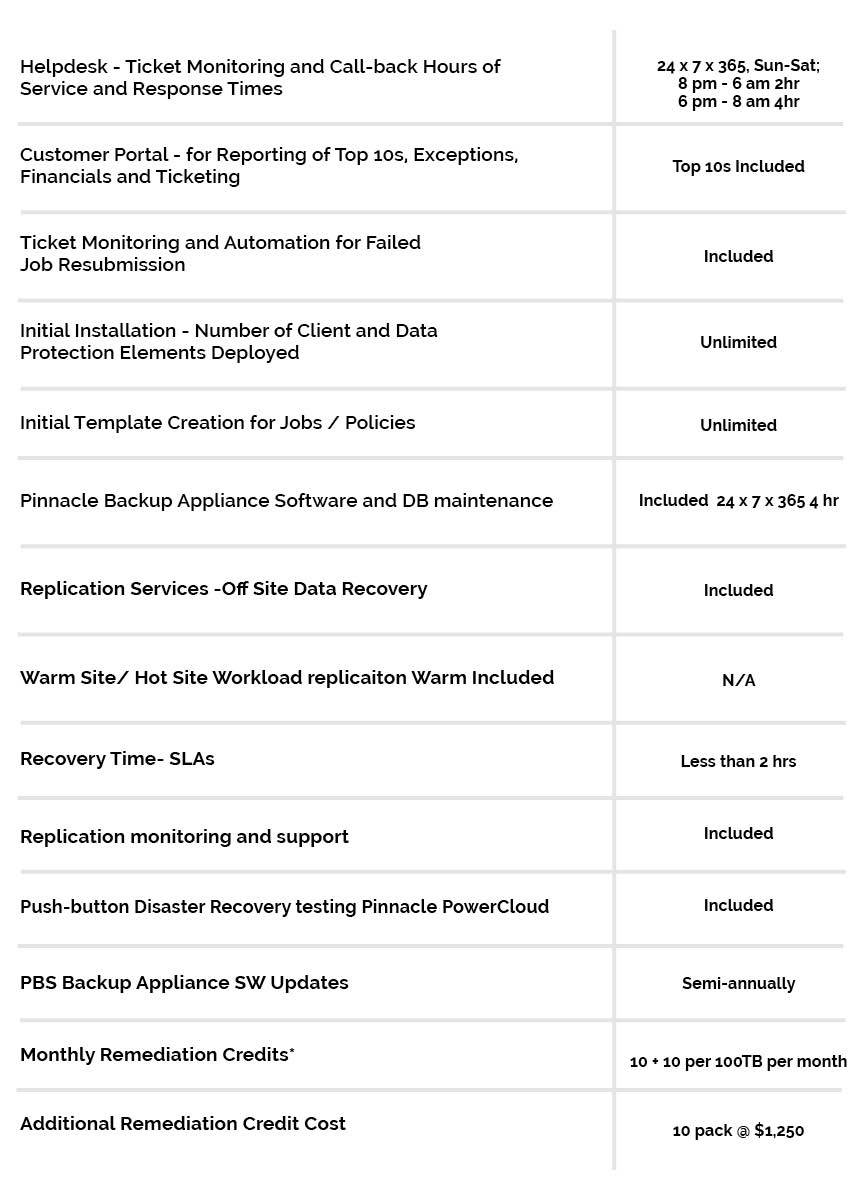22 Jan Do you need BRaaS?
The continued popularity of web-based applications and cloud computing has led to a proliferation of Software-as-a-Service (SaaS) solutions, limiting the need for businesses to retain a large store of on-premises hardware.
While you may have already shifted some of your tech needs to SaaS models, you might still house your backup and recovery solutions in house. If that’s the case, consider the advantages of Backup-and-Recovery-as-a-Service (BRaaS).
Here’s how to determine if BRaaS is a good fit for your needs:
1. You’re spending too much for on-site backup and recovery.
Gartner predicted that worldwide IT spending would come to $3.9 trillion this year, and that we’re likely to cross the $4 trillion threshold next year.
Hand in hand with growing IT spending, many businesses find themselves processing and storing vast amounts of business-critical data these days.
The cost of housing and maintaining on-premises hardware and simultaneously managing your own data and backup recovery processes can add up. Expenses can run particularly high if you have to overspend on unused hardware space instead of expanding in the cloud on an as-needed basis.

2. You’re not prepared for security breaches.
By moving toward a BRaaS model, depending on your vendor, you could achieve enhanced data security as compared to managing your own in-house tech policies. Your vendor should provide data encryption and secure access models that are easy for you to manage but hard for malicious users to break into.
Encrypting data keeps it from falling into the wrong hands too easily while constricting permissions within your organization can also keep certain information private while limiting its exposure to accidental loss or exfiltration.
3. You could use some outside expertise to help you meet your data backup obligations.
All as-a-service vendors are obligated to meet service agreements for you that can be tailored to align with your company’s established tech protocols and policies. Depending on your business functions or outside contracts, you may be required to adhere to outside government or corporate regulations, and maintaining compliance may be beyond your current capacity.
In addition to other potential pitfalls, your data is susceptible to twin threats coming from outside and from within: human error and ransomware attacks. Recently, a county in Ohio lost six months of data. Because it was not appropriately backed up prior to an attempted transfer, much of this information was unrecoverable, and the rest had to be manually re-entered. This came just months after the same organization was hit by an unrelated ransomware attack.
Both incidents obviously require greater spending from the organization. When you lose access to data that has not been appropriately backed up, you can be left scrambling, and spending a lot of money, to catch up to where you were before. Lost time can also hurt your ability to function as a business, meaning the costs of this risk exceed the direct expenses of data recovery.
If you’re interested in exploring how Pinnacle Business can help you secure your data with PowerCloud and BRaaS solutions, get in touch with us today.





